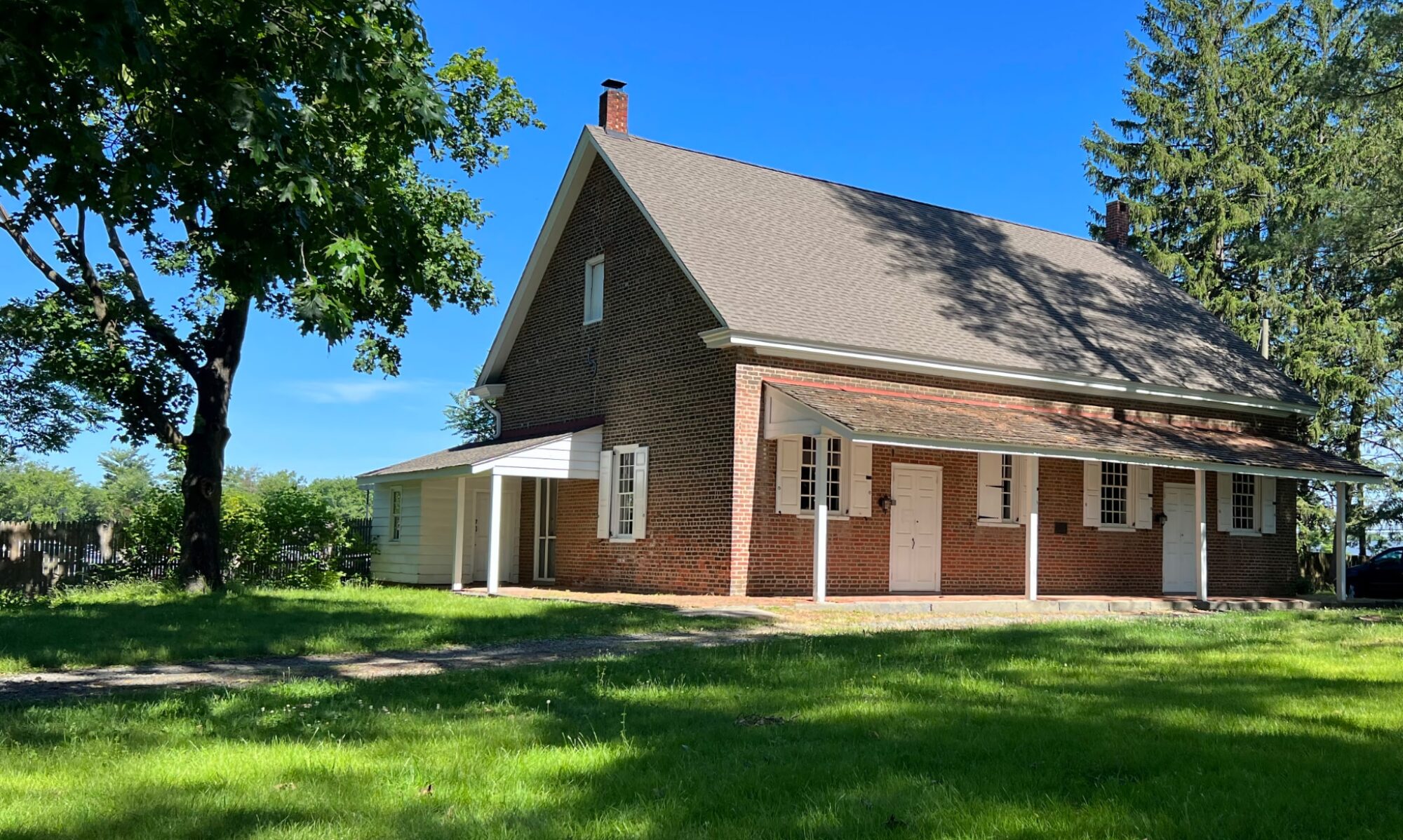Rick Bushnell of ReClam the Bay gave a presentation on his environmental group’s activities to a small group at Cropwell Meeting in Marlton, N.J., this past Sunday. RTC grows and maintain millions of baby clams and oysters in the Barnegat Bay Watershed, which helps increase biodiversity and shoreline stabilization and restoration.
Bushnell started off by explaining how everything is connected:
The water in the estuary, like the water around the globe, is connected. We’re an environmental group. I’m a sailor, sail many parts of the world. I wanted to know about the water I was next to after moving to Long Beach Island.
Cropwell Meeting is on the edge of the Pinelands Natural Reserve. Bushnell explained how the Pinelands act as a “great big filter that brings water into the estuary, where the salt and fresh water meet. It’s shallower so warmer. Ninety percent of the things that live in the ocean live in an estuary in their juvenile state.” The Pinelands are protected by the state and federal government.




Pollution in the water going into an estuary causes a number of environmental problems. Excess nitrogen from car exhaust and nonporous surfaces create algae blooms which make the water cloudy. Sunlight doesn’t get to the eel grass (which Bushnell called “natures nursery”), a critical habitat for juvenile creatures to hide. Bushnell reported that we’ve lost a shocking 85 percent of eel grass in New Jersey estuaries.
Reclam the Bay is using clams and oysters to stabilize the shoreline and clean the waters. Oysters are inner tidal; they like to be dry sometimes. Clams stabilized the sea floor. Ribbed mussels filter a lot of water. By stabilizing shoreline we increase biodiversity. Just 15 feet of marsh cuts back 50 percent of waves. A lot of the work is done by volunteers.
As per Cropwell custom, Rick Bushnell was presented with one of Earl Even’s custom-made cutting boards after the presentation. A potluck lunch followed.
Links:
Promotional material


